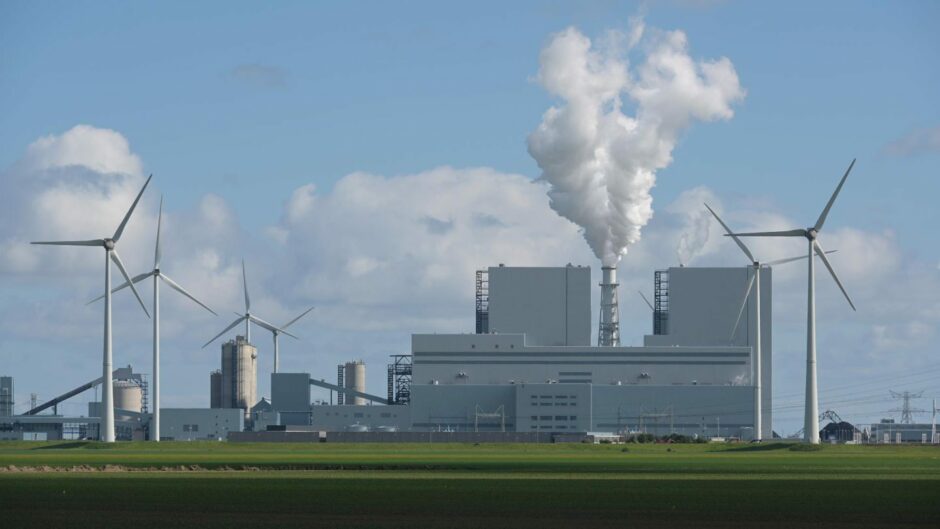
Neptune Energy and infrastructure investor CapeOmega have revealed plans for NoordKaap, a new cross-border CO2 transport and storage scheme.
The venture would see the two work together to move CO2 across the continent via transport vessels, before sequestering it in suitable carbon storage sites.
The announcement comes with interest from RWE, which has signed a letter of intent to assess the possibility to ship CO2 from its Eemshaven facility biomass facility for offshore storage in the Dutch North Sea.
The overall objective of NoordKaap is to provide cost-effective, scalable infrastructure solutions to facilitate large-scale, flexible CO2 transport and storage from multiple industrial emitters clusters.
The pair say the venture will explore various CCS solutions with European industrial clusters where ship transport is the primary or earliest available export option.
This includes looking at opportunities for clusters in Germany, Belgium, Scandinavia and northern France. CO₂ subsurface storage sites could include offshore the Netherlands and Norway.
If the scheme proceeds, NoordKaap is planned to be operational in 2028 and has been submitted to the EU as a Project of Mutual Interest on the 6th PCI List.
The tie-up comes as CapeOmega – the largest private gas infrastructure owner on the Norwegian Continental Shelf – moves increasingly into the carbon storage space, having also secured a CCS exploration licence interest at Norway’s Luna last year.
The group’s CEO Evy Glørstad said: “NoordKaap comprises an integrated partnership of all stakeholders in the value chain, from emitters to storage facility owners, to ensure close coordination of these proposals as part of the development of a successful decarbonization strategy. CapeOmega aims to support the value chain with the infrastructure needed to safely and successfully transport and store CO2.
“NoordKaap would enable us to use our position and experience in pipeline, terminal, shipping and offshore licence ownership to support CCS and decarbonisation.”
Neptune managing director for the Netherlands Lex de Groot added: “Both emitters and storage providers need to be able to transport CO₂ safely, and we know access to pipelines will be limited for some, so we are focusing on both types of transport to offshore storage facilities: piping and shipping.
“CCS also supports Neptune’s strategy to store more carbon than is emitted from our operations and from the oil and gas products we sell by 2030.”
Recommended for you
